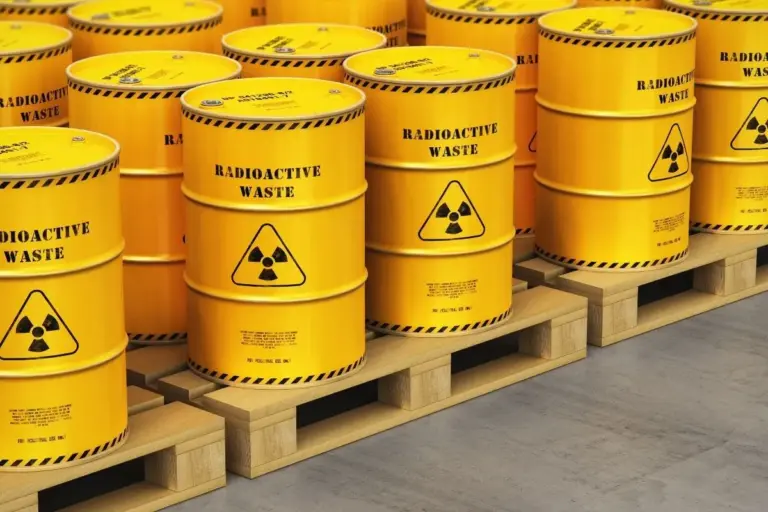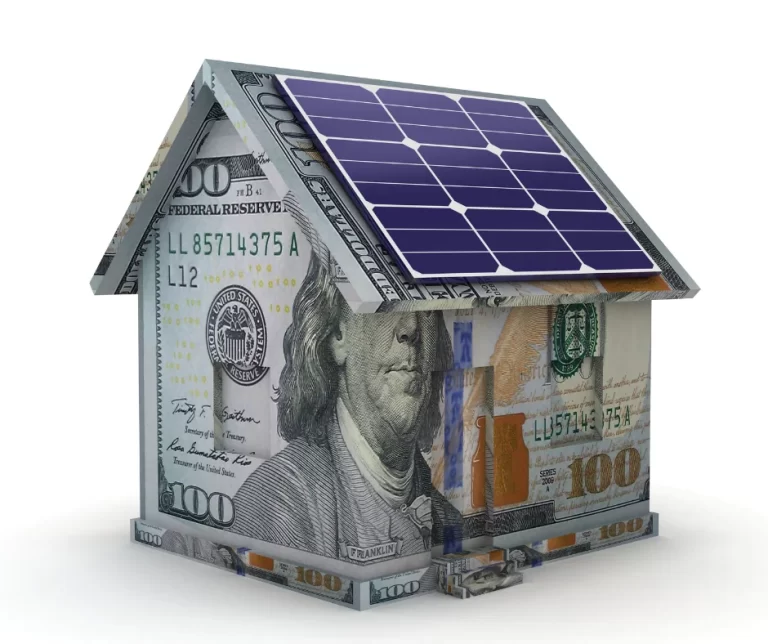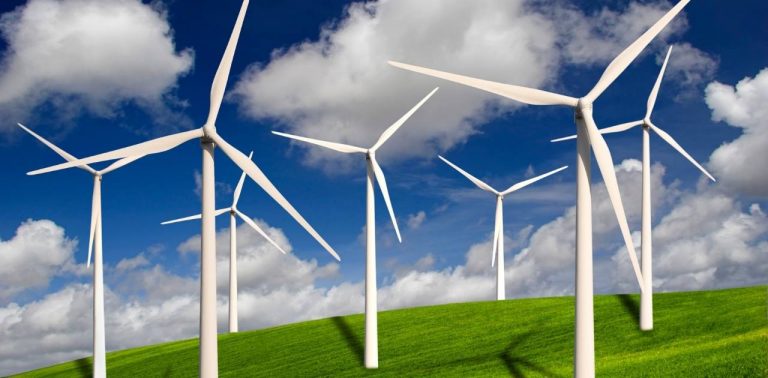The environmental performance of countries is a crucial indicator for understanding how each nation deals with issues of sustainability and preservation of natural resources. Every two years, Yale and Columbia Universities conduct a comprehensive analysis that ranks 180 countries based on several environmental indicators. This assessment provides a clear picture of which countries are leading in terms of environmental practices and which are struggling to improve their conditions. In this post, we will explore the 2016 Environmental Performance Index (EPI) ranking, highlighting the countries with the best and worst environmental performance and discussing how Brazil fits into this context.

What is the Environmental Performance Index (EPI)?
The Environmental Performance Index (EPI) is a metric developed by Yale and Columbia Universities to assess countries’ environmental performance. The index considers 20 indicators covering areas such as environmental health, air and water pollution, biodiversity, and natural resource efficiency. With each edition, the EPI provides a detailed look at how countries are managing their natural resources and environmental practices.
Indicators Evaluated by EPI:
- Environmental Health: Air and water quality assessment.
- Pollution: Levels of air and water pollution.
- Biodiversity: Protection of habitats and species.
- Resource Efficiency: Waste management and sustainable use of natural resources.
Countries with the Best DA
According to the EPI 2016, some countries stand out for their excellence in environmental practices and natural resource management. These countries have not only adopted effective environmental policies, but have also implemented technologies and practices that contribute significantly to environmental protection.
- Finland – With a robust approach to sustainability, Finland stands out for its efficient management of natural resources and environmental preservation policies.
- Iceland – It stands out for its use of renewable energy and protection of natural ecosystems.
- Sweden – Known for its advanced policies on sustainability and waste management.
- Denmark – Significant investments in clean technologies and strict environmental policies.
- Slovenia – Notable advances in biodiversity protection and resource efficiency.
- Spain – Implementation of strategies to reduce pollution and sustainable use of resources.
- Portugal – Focus on renewable energy and environmental protection.
- Estonia – Efficient waste management and protection of natural resources.
- Malta – Advances in sustainability and environmental preservation policies.
- France – Committed to reducing emissions and protecting natural resources.
These countries demonstrate that a commitment to environmental performance can lead to significant improvements in quality of life and long-term sustainability.
Countries with the Worst Environmental Performance
While some countries stand out for their environmental excellence, others face serious challenges. Countries with the worst environmental performance often struggle to manage waste, treat water and control pollution, resulting in significant negative impacts on the health and well-being of their populations.
Top 10 Countries with Worst Environmental Performance:
- Somalia – Faces major challenges due to the lack of infrastructure and resources for environmental management.
- Eritrea – Problems related to pollution and environmental degradation are prevalent.
- Madagascar – Suffers from the loss of biodiversity and degradation of natural habitats.
- Niger – Significant challenges with waste and pollution management.
- Afghanistan – Conflicts and lack of infrastructure make environmental management difficult.
- Chad – Serious problems with pollution and lack of water treatment.
- Mali – Faces difficulties in waste management and environmental protection.
- Bangladesh – Pollution and waste management problems are prevalent.
- Mozambique – Significant challenges in terms of pollution and environmental degradation.
- Democratic Republic of the Congo – Problems with pollution and loss of biodiversity.
These countries often struggle with limited infrastructure and resources, which exacerbates their environmental problems and reduces their quality of life.
How Economics and Education Affect Environmental Performance
Analysis of environmental performance reveals a clear pattern: countries with higher levels of economic development and education tend to have better environmental performance. Efficient management of natural resources and the implementation of effective environmental policies are facilitated by a higher level of economic development and education.
Factors that Influence Environmental Performance:
- Economic Development: Countries with adequate financial resources have more capacity to invest in clean technologies and environmental infrastructure.
- Education and Awareness: Environmental education and awareness help promote sustainable practices and efficient management of natural resources.
Brazil's Role in Global Environmental Performance
Brazil has shown significant progress in its environmental performance. According to the 2016 ranking, Brazil rose from 77th to 46th position. This improvement is a reflection of the environmental policies implemented and efforts to improve the management of natural resources.
Positive Aspects and Challenges of Brazil's Environmental Performance:
- Improvements: Implementation of environmental policies and raising awareness of the importance of sustainability.
- Challenges: The need to continue investing in environmental infrastructure and addressing problems related to deforestation and pollution.
Brazil has the potential to continue improving its environmental performance with effective policies and investments in sustainable technologies.
Pathways to Improve Global Environmental Performance
Improving global environmental performance requires a joint effort involving governments, businesses and citizens. Education and awareness play a crucial role in promoting sustainable practices and ensuring that everyone contributes to protecting the environment.
Suggestions for Improving Environmental Performance:
- Environmental Education: Invest in education and awareness to promote sustainable practices and efficient management of natural resources.
- Environmental Policies: Adopt strict environmental policies and implement clean technologies to reduce pollution and degradation.
- International Cooperation: Working together with other countries to address global challenges and promote sustainability.
The environmental performance of countries reflects not only their practices and policies, but also their commitment to sustainability and the preservation of natural resources. Analysis of the Environmental Performance Index reveals a significant contrast between the countries with the best and worst environmental performance, highlighting the importance of investments in education, environmental policies and sustainable technologies.
Check out other interesting facts about recycling clicking here.
Learn how to make art by recycling, Click here.




To the more developed countries, I have nothing to do with Portugal, being Portuguese myself, I leave you with the following suggestion: I have an idea of how to get the waste from our homes to the incinerator without the garbage trucks collecting it door-to-door. I would like to know if you are interested in this idea, if so, I only ask that you be part of this partnership with duly signed documentation, even if the registration is done in one of the participating countries.
I send you the text with the discretion of the entire system.
I leave my mobile number for any clarification or questions 938373416.
Best regards
Jorge Olympio